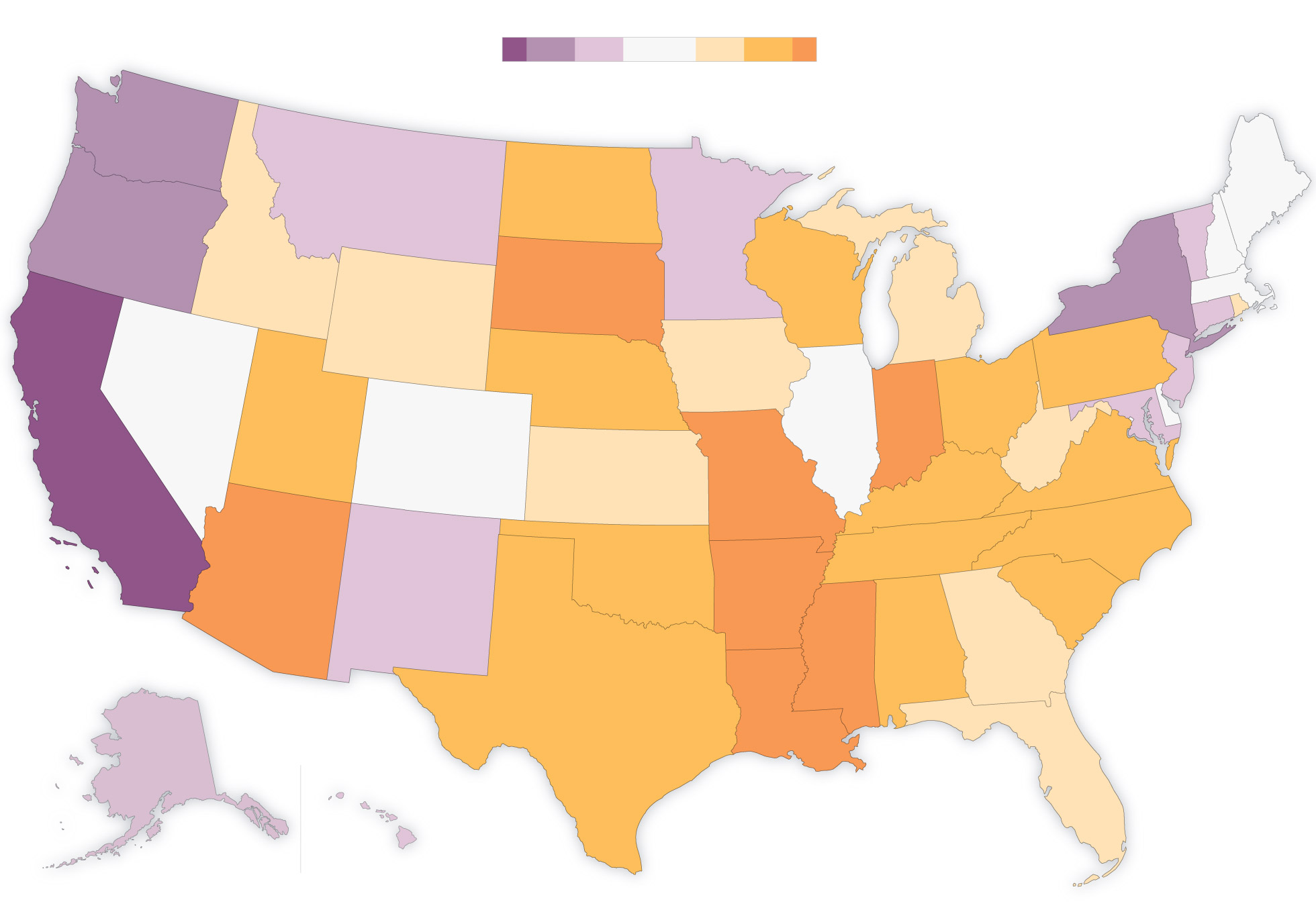Abortion Laws in the United States: Understanding the Controversy
Abortion is a highly debated topic in the United States, with differing opinions on whether it should be legal or not. The issue is complex and multifaceted, with many factors to consider.

The History of Abortion Laws in the United States
Abortion was not always a controversial issue in the United States. In fact, it was legal in most states until the mid-1800s. However, as the country became more conservative in its views on morality and sexuality, laws were passed to restrict access to abortion.
The Roe v. Wade Decision
The landmark Supreme Court case of Roe v. Wade in 1973 legalized abortion nationwide. The decision was based on a woman's right to privacy, which extends to her right to make decisions about her own body. However, the ruling also gave states the right to regulate abortion in the second and third trimesters of pregnancy.
The Impact of State Laws on Abortion Access
Since Roe v. Wade, states have passed a variety of laws to restrict access to abortion. Some of the most common restrictions include:
- Mandatory waiting periods
- Restrictions on the use of public funds for abortion
- Required counseling before an abortion
- Restrictions on the use of medication abortion
- Requirements for parental consent or notification for minors seeking abortion
These restrictions make it more difficult for women to obtain abortions, particularly for those who are low-income or live in rural areas without access to abortion providers.
The Pros and Cons of Abortion
As with any controversial issue, there are pros and cons to consider when it comes to abortion. Some of the most commonly cited arguments include:
Arguments in Favor of Abortion
- Women have the right to make decisions about their own bodies
- Abortion can prevent unwanted pregnancies and reduce the number of unwanted children in the foster care system
- Illegal abortions are dangerous and can lead to injury or death
Arguments Against Abortion
- Abortion is morally wrong and goes against religious beliefs
- Abortion can have negative physical and emotional effects on women
- There are alternatives to abortion, such as adoption
Frequently Asked Questions
What is the current legal status of abortion in the United States?
Abortion is currently legal in all states, but access and restrictions vary from state to state.
What is the most common type of abortion?
The most common type of abortion is suction aspiration, which is typically performed in the first trimester of pregnancy.
Can a woman be prosecuted for having an abortion?
No, a woman cannot be prosecuted for having an abortion as a result of the Supreme Court's ruling in Roe v. Wade.
What is the "heartbeat" bill?
The "heartbeat" bill is a type of abortion restriction that bans abortions after a fetal heartbeat can be detected, which is typically around six weeks of pregnancy. Several states have passed such laws, but they have been challenged in court.
Conclusion
The issue of abortion is complex and contentious, with differing opinions on whether it should be legal or not. While the Supreme Court has legalized abortion nationwide, states have the right to regulate access and impose restrictions. It is important to understand the history and current status of abortion laws in the United States in order to have a meaningful discussion on the topic.
